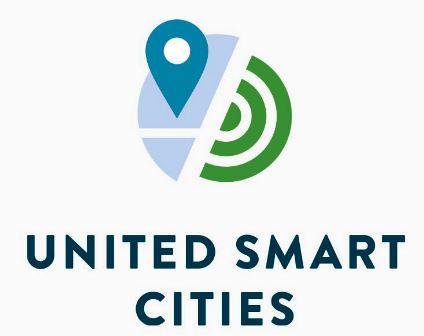
Over 73% of the population in the UNECE region lives in cities. By 2050, this figure is estimated to rise up to 85%. Cities are engines of economic growth so development of countries depends on how their cities will develop in the future. At the same time, the expanding cities are vulnerable to economic, social and environmental risks: cities are sprawling, the society in most part of the region is ageing, and cities are using natural resources unsustainably. The high level of urbanization presents also serious challenges for sustainable development and climate change adaptation. The urban areas are responsible for considerable amount of the world’s energy consumption and greenhouse gas emissions at the same time. This situation has the potential to become critical and irreversible if not acted upon soon.
Recognizing the need for urgent actions to provide support to sustainable urban development, representatives of the UNECE member States gathered in Geneva on 15 December 2015 for the 76th session of the Committee on Housing and Land Management and endorsed the UNECE/ITU Smart Sustainable Cities Indicators. The indicators have been developed by UNECE jointly with the Environment Agency Austria (EAA) and the International Telecommunication Union (ITU), in consultation with member States and a wide group of stakeholders.
The UNECE/ITU Smart Sustainable Cities Indicators are the first indicators to assess cities for both their smartness and sustainability. The list consists of 72 indicators, including the core indicators and some additional ones, grouped under three areas: Economy, Environment, and Society & Culture. The indicators will serve as a tool to evaluate how smart and sustainable cities are and support them in setting their development priorities, designing and implementing concrete actions and measures.
UNECE Executive Secretary Christian Friis Bach said: “The major challenge for our countries today is granting citizens a decent quality of life, while at the same time managing the pressures coming from urbanization, environmental, climate and demographic changes. These indicators are a practical tool which will support cities’ efforts to address their urban development challenges and boost their performance”.
The Smart Sustainable Cities Indicators already reflect the content of the Sustainable Development Goals (SDGs), approved in September 2015 by the United Nations General Assembly. Therefore, these indicators will help cities to evaluate their performance against the SDGs. The indicators will be also used to develop UNECE Smart Sustainable Cities Profiles with specific recommendations for actions, including investments, at city level.
The indicators are available at http://www.unece.org/housing/committee76thsession.html#/
Information on the “United Smart Cities” project, within which the indicators have been developed, is at the project website - http://www.unece.org/housing/smartcities.html
For additional information, please contact:
Ms. Gulnara Roll
Head, Housing and Land Management Unit
UNECE
Tel: +41 22 917 22 57
Email: [email protected]

